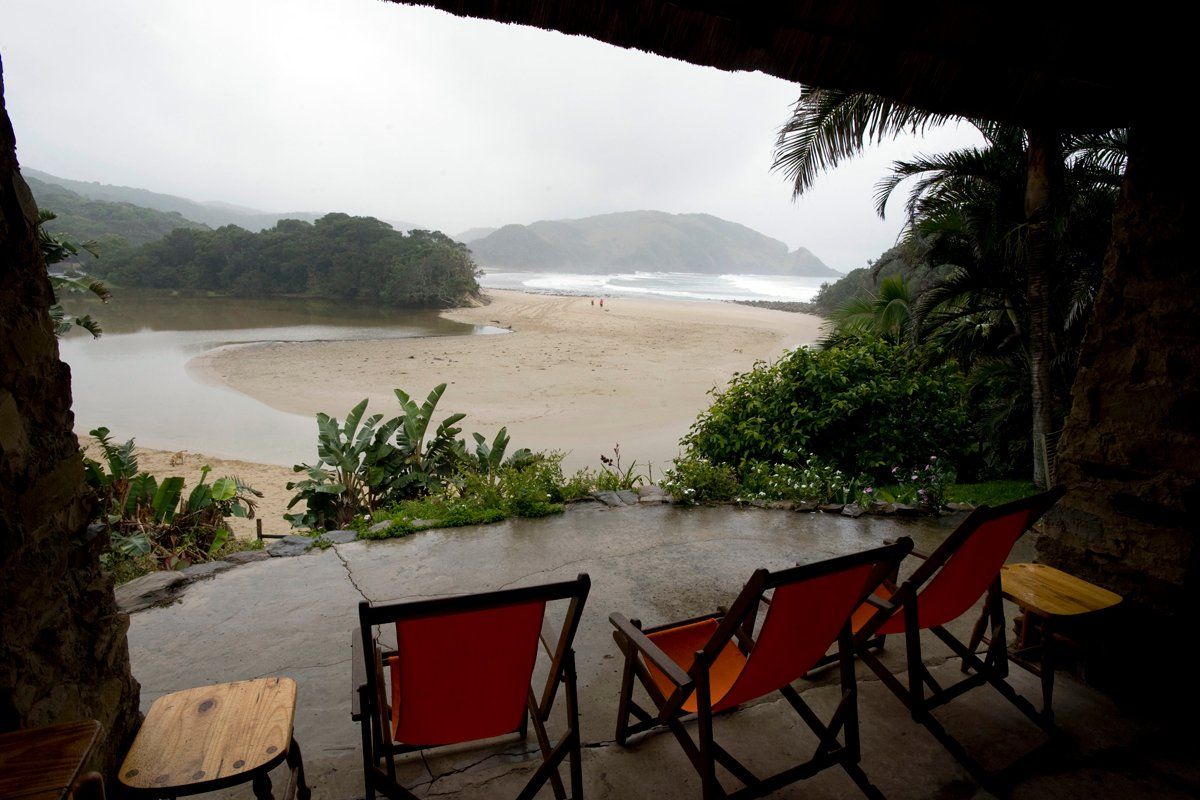
When Scottish missionary David Livingstone first glimpsed Victoria Falls in 1855, he was awestruck: "Scenes so lovely must have been gazed upon by angels in their flight." Amen.
Forget Niagara. When you stand on the banks of the mighty Zambezi just before it thunders over the cliffs and into the ravine below, you tremble at the vast and pitiless power of nature.
I first came to this place 10 years ago, retracing my boyhood hero Livingstone's footsteps. On this visit, however, I was more concerned with Africa's future than with its past.
In the years that lie before us, a great struggle will play out south of the Sahara: a struggle between man and Malthus. According to the Rev. Thomas Malthus's famous principle—sometimes called the Malthusian trap—population grows geometrically, but the supply of food increases arithmetically. Viewed in those terms, many African countries today seem doomed to misery and vice. Between now and 2050, according to the United Nations, the population of Africa will increase by 965 million. Approximately two fifths of the total increase in world population will happen here. It is unlikely that African agriculture will be able to keep pace.
Here in Zambia the average woman has a total of 5.8 births, one of the highest rates in the world. With that kind of reproduction, it's no wonder the population of Africa has increased by more than 260 percent since the 1960s. How many African countries have increased their agricultural production by that much? Answer: 11, and Zambia isn't one of them.
A fifth of the population of sub-Saharan Africa is aged between 15 and 24, one of history's biggest youth bulges. I asked the recently elected vice president of Zambia what his biggest problem was. He sighed. "Jobs. Somehow creating jobs for all these young people."
So is Africa heading over a demographic waterfall? Maybe not.
Two things are changing the continent's prospects. The first is the surging demand for the natural resources that are so abundant in Africa. Countries such as Guinea, South Africa, Nigeria, and Angola are among the world's richest in terms of reserves of gold, platinum, oil, and (for all I know) unobtainium. The past 10 years have seen a surge of investment in Africa by the Chinese and others. In Zambia, defunct copper mines are back in business.
The other game changer is mobile telephony. Ten years ago little more than 1 percent of Zambians had a cellphone subscription. Today the proportion is approaching a third. Never before have Africans been able to communicate across distance more easily. More importantly, cellphones are giving poor Africans access to basic financial services for the first time.
So there is hope. Take a look at the pace of economic growth in much of Africa, and the picture is brighter than at almost any time since the end of colonial rule. It may not matter if population outstrips agricultural production in individual countries, so long as enough Africans are producing hard commodities that fetch high prices on world markets. Trade will do the rest.
The real obstacles to prosperity in Africa are not, after all, Malthusian. If Western governments had the will to override their small-but-powerful agricultural lobbies, free trade in farm produce would be a boon for African farmers.
Yet a bigger problem even than our protectionism is the dismally low quality of African governance. Zambia's recent peaceful and democratic change of government remains a rarity. Neighboring Zimbabwe continues to languish under the senile dictatorship of Robert Mugabe. Somalia is the world's most lawless country. Mali has just suffered a coup. And so the woeful list goes on.
The naive view is that such instability is due to the "resource curse": the idea that valuable commodities can be more a bane than a boon. But as Oxford economist Paul Collier argued in The Plundered Planet, the real trouble is not the resources, but the defective political institutions that sit on top of them.
No one understands better how postcolonial regimes degenerate than V.S. Naipaul, whose novel A Bend in the River perfectly captures the corrosive interactions of a delusional dictator, a mutinous army, and a graft-hungry bureaucracy. Yet Zambia shows that better political options are now possible in Africa.
Walking by the falls, I saw two young Zambian girls joyously dancing in the soaking spray. I dared to hope they were dancing on Malthus's grave.
Uncommon Knowledge
Newsweek is committed to challenging conventional wisdom and finding connections in the search for common ground.
Newsweek is committed to challenging conventional wisdom and finding connections in the search for common ground.
About the writer
To read how Newsweek uses AI as a newsroom tool, Click here.






